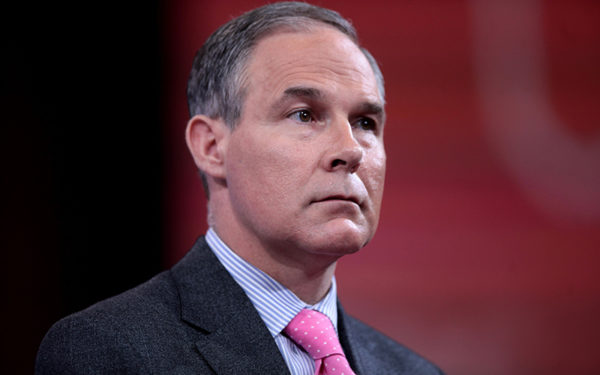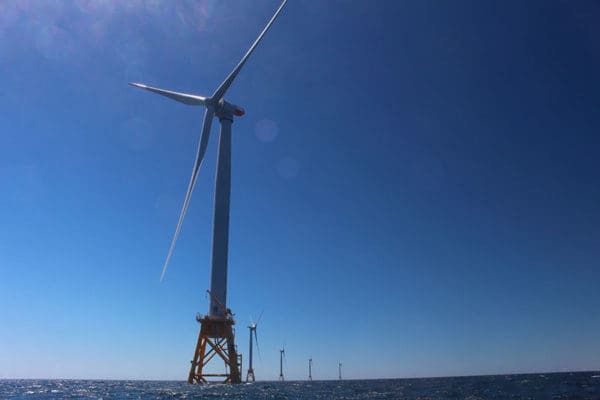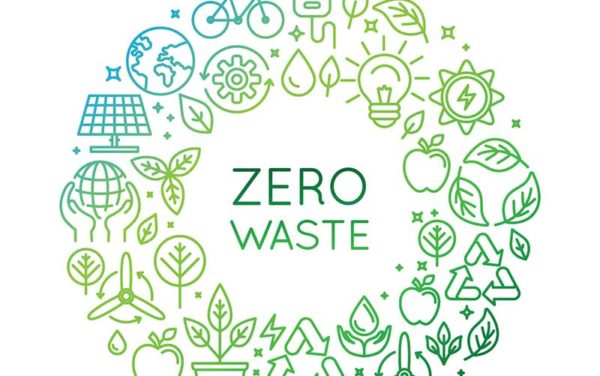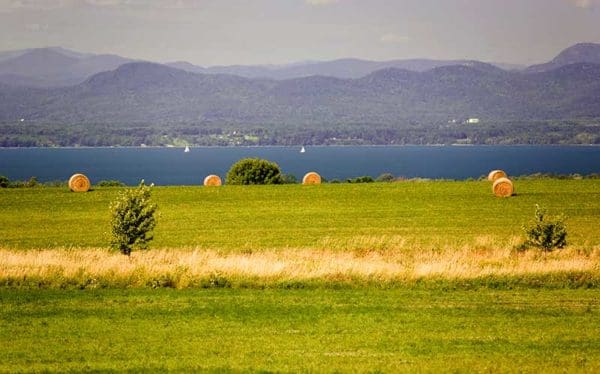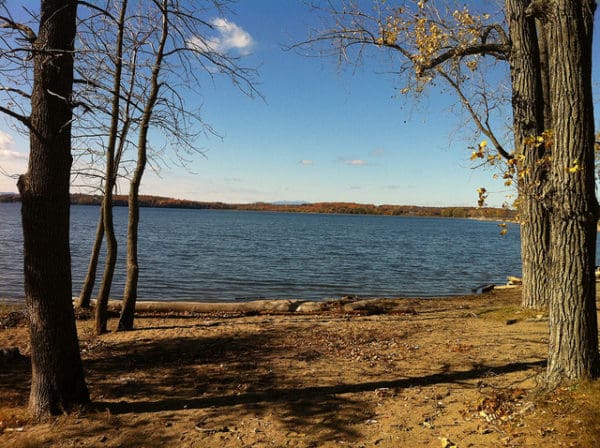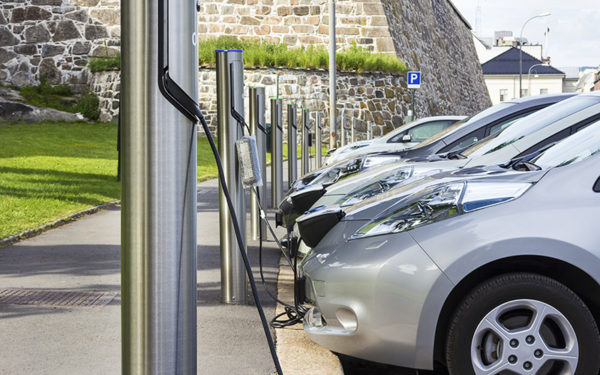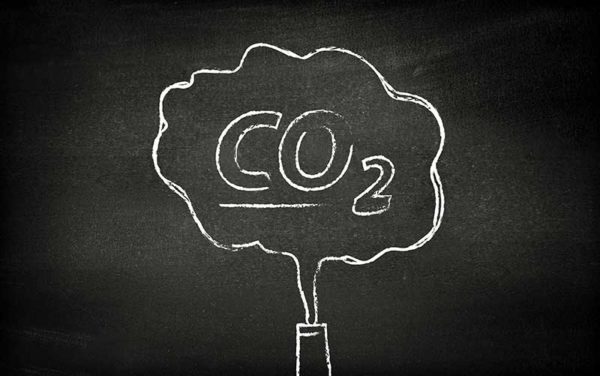Feb 21, 2017
The new folks in town want to hear what you think about the Vermont Gas Pipeline. WHAT: Public Forum to Discuss Vermont Gas Pipeline Project WHEN: Wednesday, February 22 TIME: 5:30 – 8:30pm WHERE: Montpelier High School, 5 High School Dr, Montpelier, VT… Continue reading Vermont Gas Pipeline Forum This Wednesday
Feb 17, 2017
Scott Pruitt is more than just a threat to our environment – he’s a threat to our economy, our safety, and our entire way of life. The stakes are too high to stand idly by. CLF is ready for the fight.
Feb 16, 2017
For three years now, Big Gas has been spinning tall tales aimed at scaring you and me – and especially our local politicans – into locking in our addiction to dirty, polluting natural gas for decades to come. But their hype ignores the facts and the very real progress made over the past few years to avoid price spikes, keep the lights on, and tamp down our emissions of climate-damaging pollution.
Feb 14, 2017
I can still remember the conversation vividly. It was February of 2008 and my brother was calling to beseech me to represent a group of citizens to oppose the expansion of the Southbridge Landfill. I have to admit, I was skeptical about his concerns. This was the brother with all the ideas I sometimes wish… Continue reading Why the Zero Waste Project? Protecting My Family and Yours.
Feb 09, 2017
This past year was big for clean water in Vermont. The pollution limits for Lake Champlain were finalized, and a slew of new rules for agriculture, development and wastewater were established. CLF fought hard to shape these new policies to protect the environment and to ensure we have regular check-ins and honest accounting on how… Continue reading What’s Next for Clean Water in Vermont
Jan 27, 2017
Last week we learned that former Georgia Governor Sonny Perdue is President Trump’s nominee for U.S. Secretary of Agriculture. Perdue, educated as a veterinarian and the son of a farmer, spent much of his career in business, including running a garden supplies company, shipping operation, and a fertilizer and grain company. In announcing the nomination,… Continue reading Sonny Perdue: What Will You Do for New England’s Farmers?
Jan 24, 2017
“There is no doubt that a significant investment in clean water is essential for the economy, property values, tourism, recreation and the environment, and the question now is how we are going to get there,” said Rebekah Weber, CLF’s Lake Champlain Lakekeeper. “Today the governor took a big step in the right direction, but his funding plan falls short of what we need to ensure safe, healthy water for all Vermonters. By doubling his proposed investment and extending it beyond the next two years, Governor Scott can send a strong message that ensuring clean water must be a top priority.”
Jan 17, 2017
… Conservation Law Foundation (CLF) was one of the 11 organizations campaigning against Pruitt’s confirmation. CLF Senior Attorney Chris Kilian says Pruitt’s record is fundamentally at odds with the mission of the EPA. “We’re very concerned that an attorney general that has been a lead in suing the Environmental Protection Agency to limit the scope… Continue reading Environmental Groups Urge Sanders, Leahy To Oppose Trump’s Science-Denying EPA Pick
Jan 12, 2017
Are you unsure about whether an electric car is the right choice for you? You’re not alone. Shopping for a new car is hard enough even without taking the time to learn about a new option. Plus, there is a lot of confusing information out there about electric cars. What’s a responsible car shopper to do?… Continue reading The Top 5 Myths About Electric Vehicles, Debunked
Dec 08, 2016
Transforming New England’s Energy System New England’s coal-fired power plants were at their peak when CLF opened its doors 50 years ago. The majority of the region’s coal fleet came online in the post-war boom years of the1950s and 1960s and they would go on to dominate our region’s electricity mix for decades. Today, however,… Continue reading Going Low-Carb

